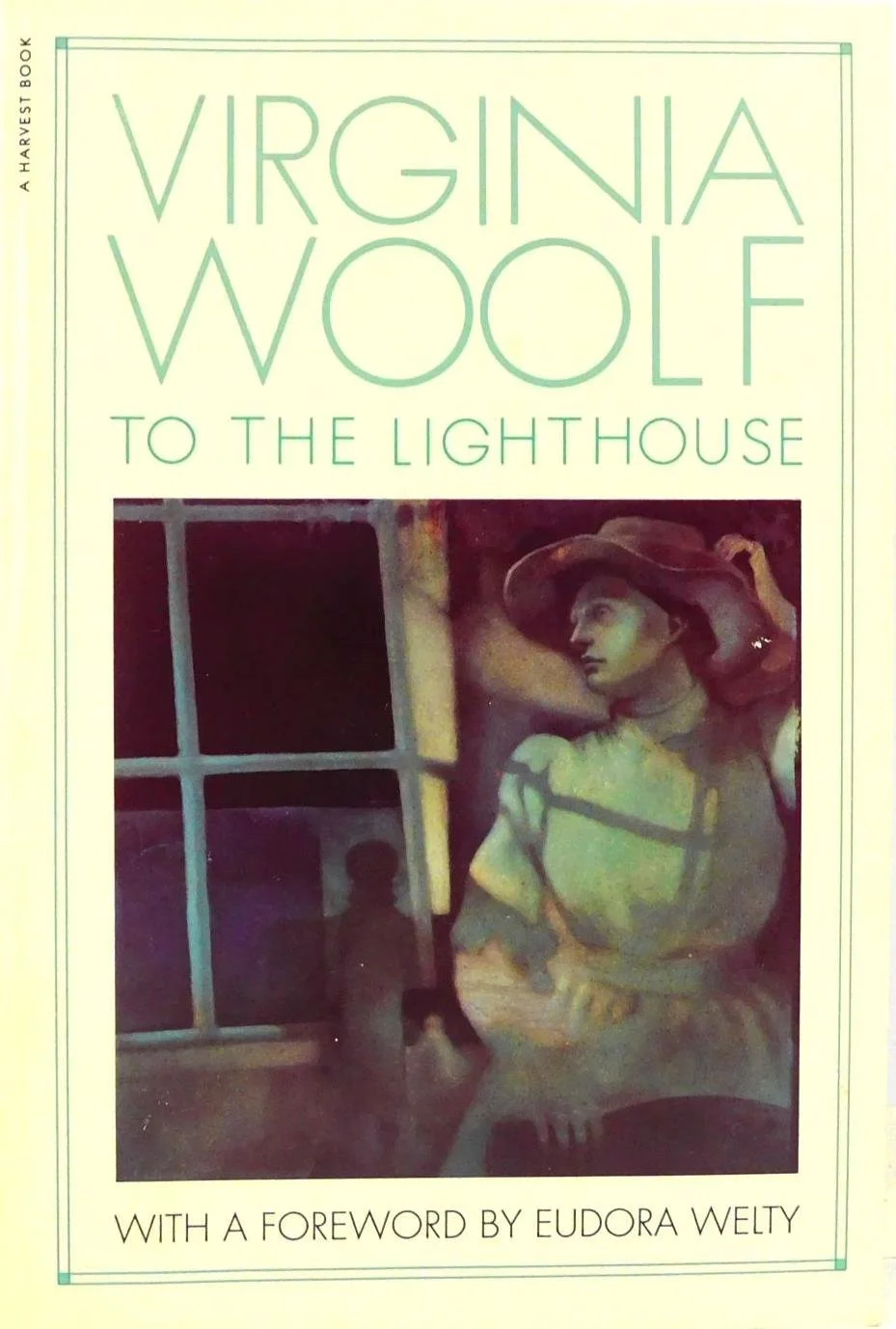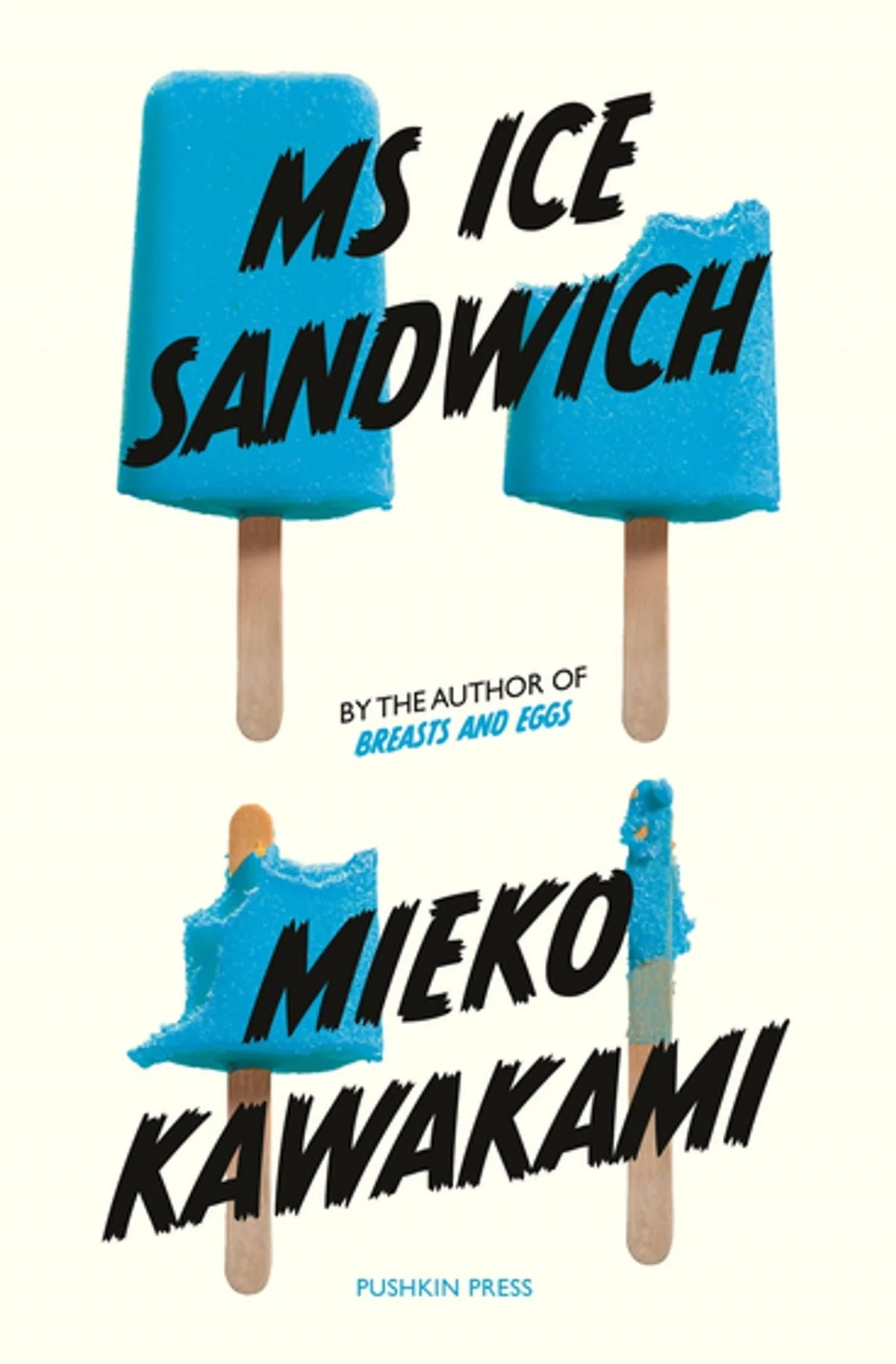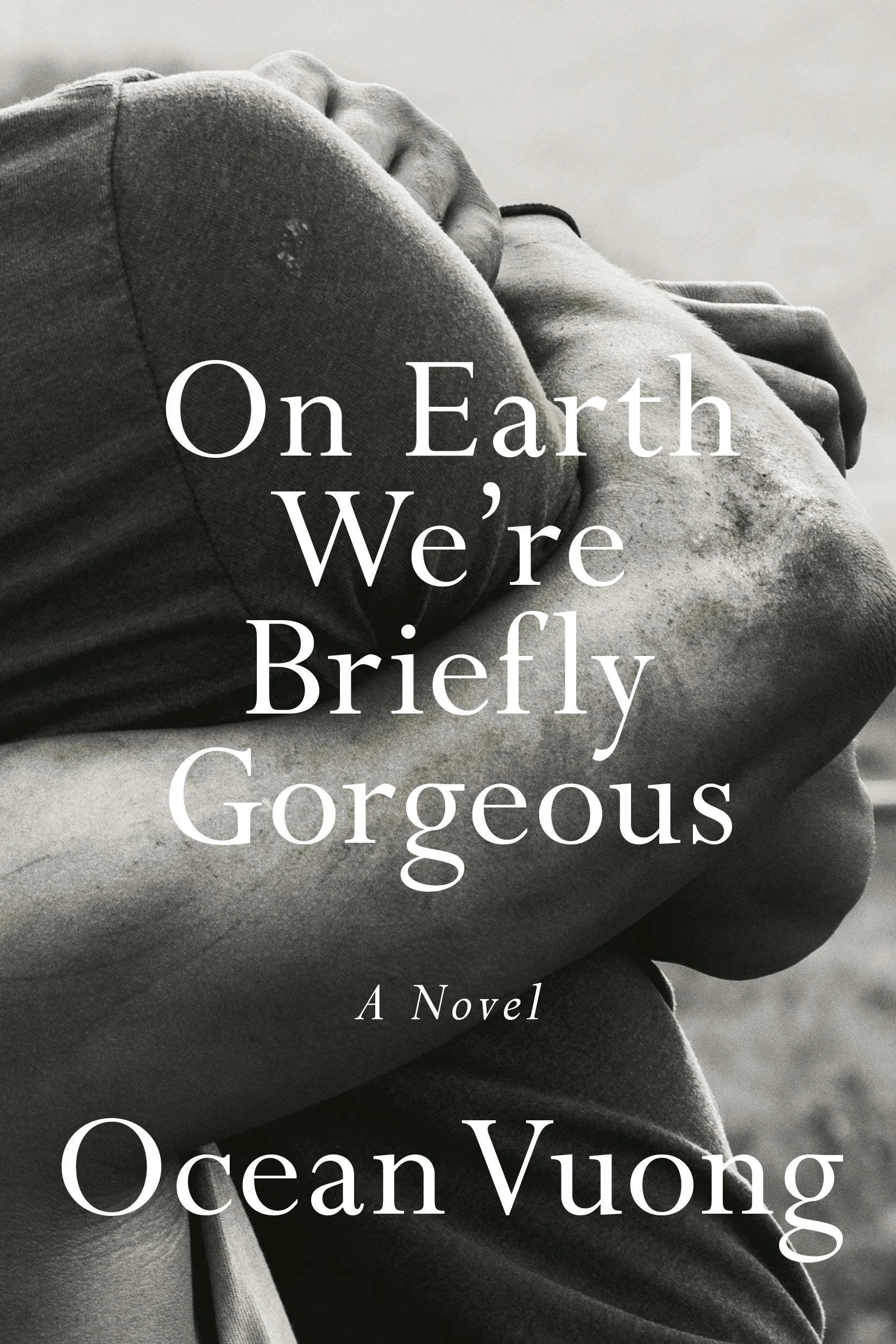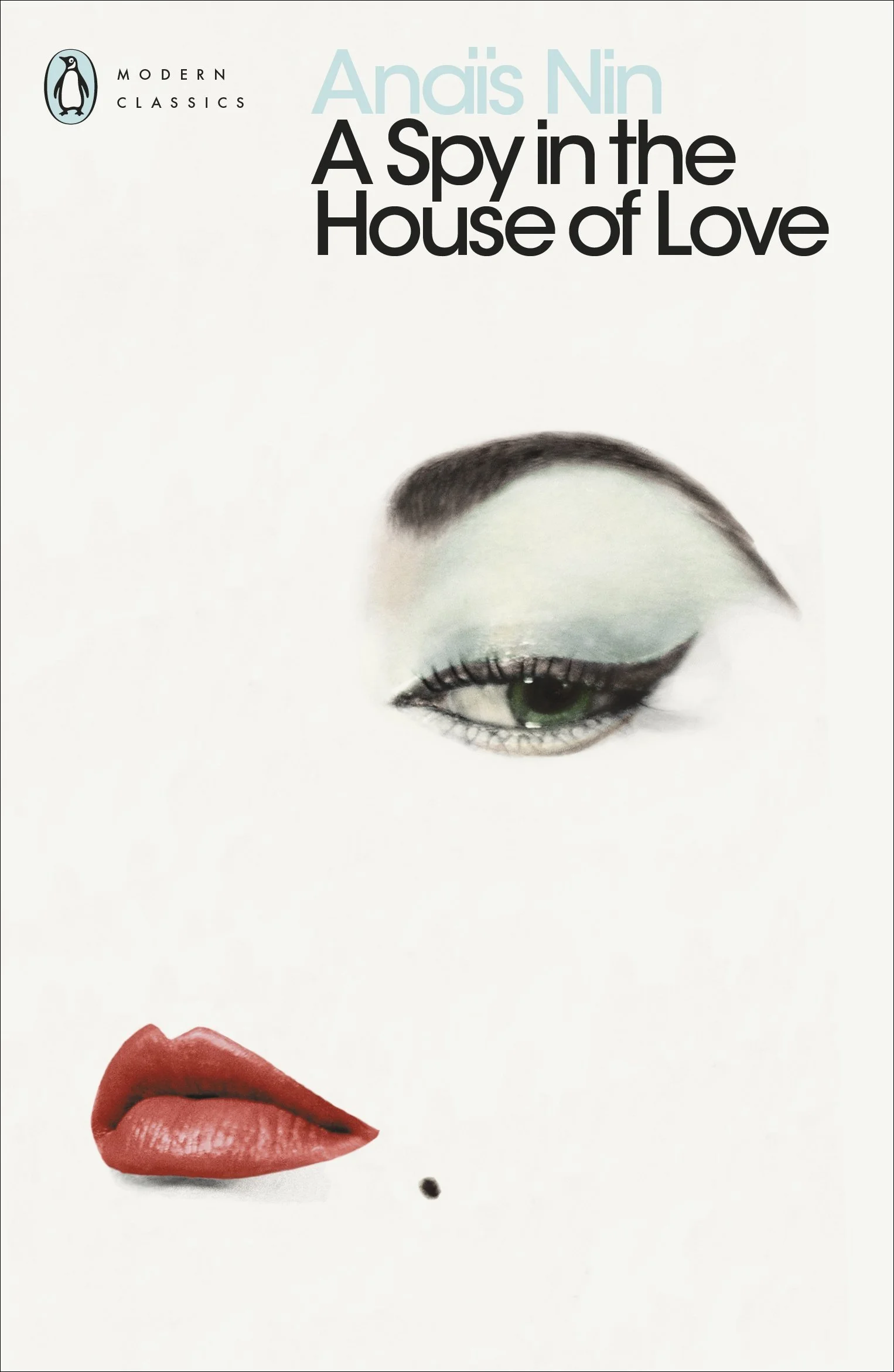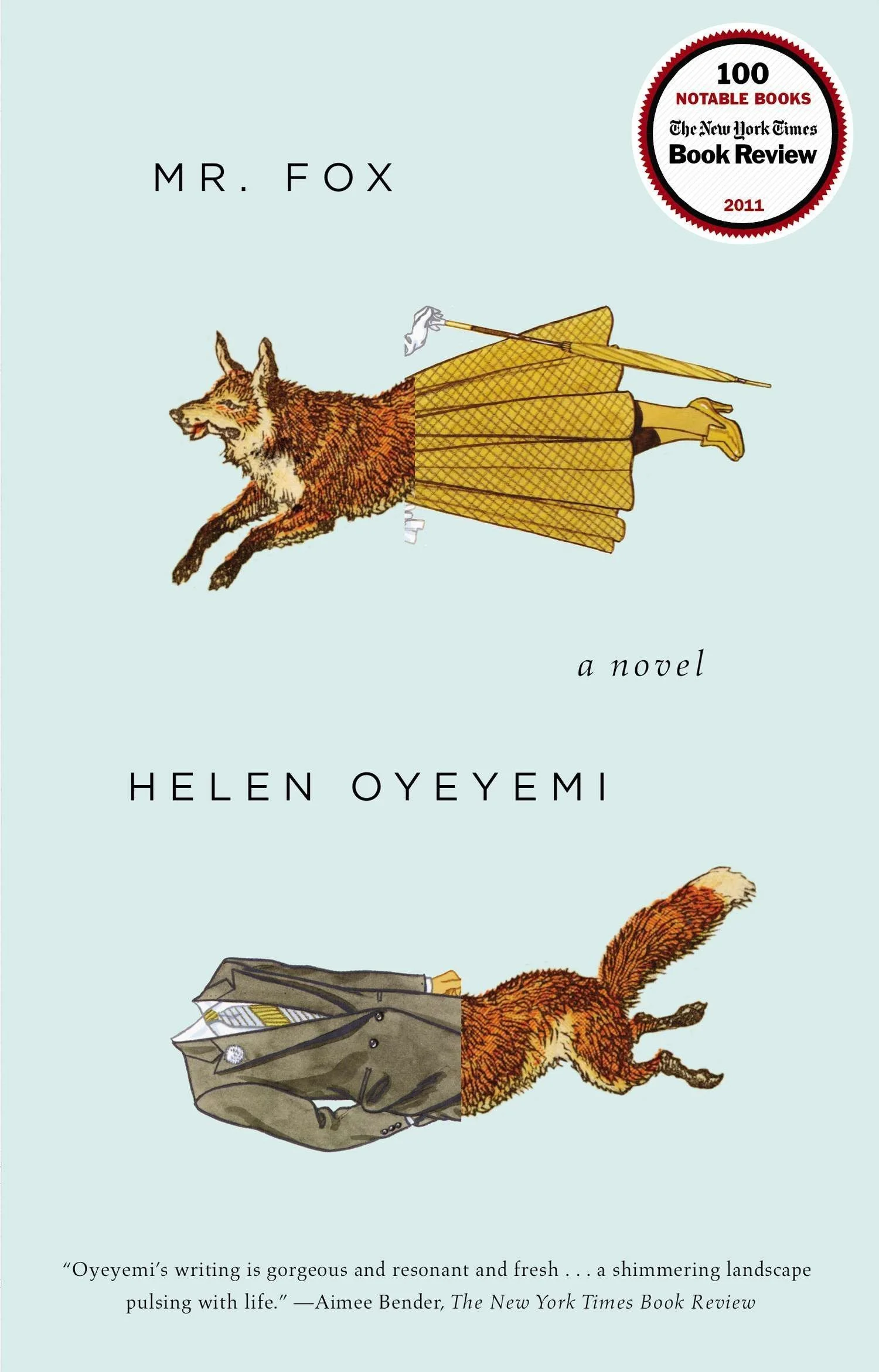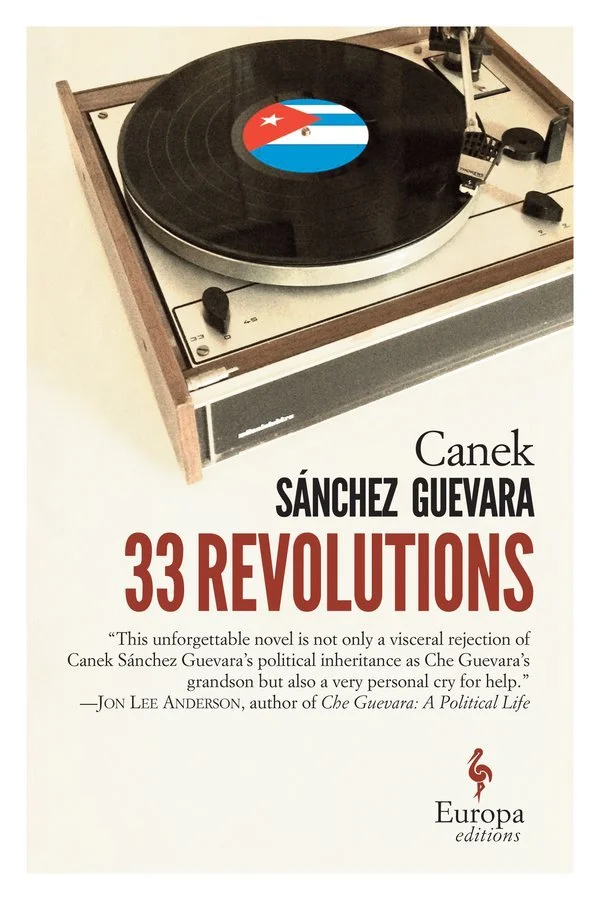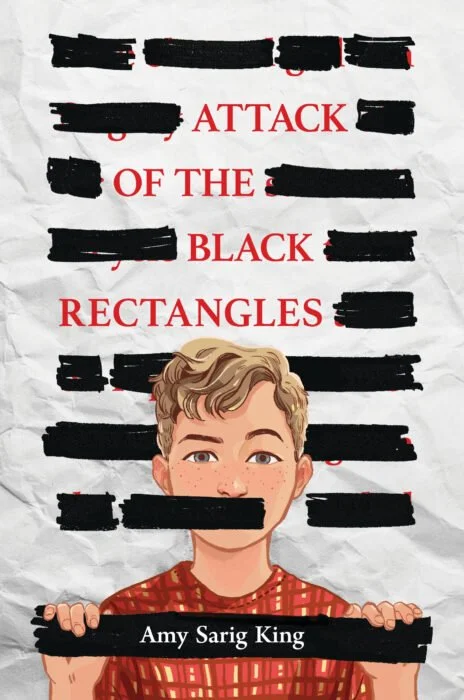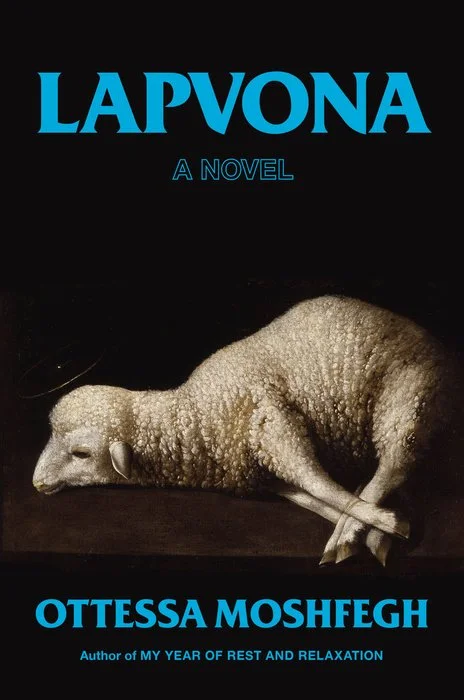2022 Reading List
1. The Boy in the Red Dress Kristin Lambert
2/5 Reading Sounds: You’ve Really Got a Hold on Me by, Jinkx Monsoon
This book was a gift from a friend that sat on my bookshelf for nearly six months before I finally picked it up. When I eventually cracked it open, I finished the book in the same six-day span during which I read Valley of the Dolls and What We Lose. Set in Prohibition-era New Orleans, this murder mystery follows a young girl Millie whose aunt runs a gay speakeasy where her best friend Marion performs in drag. Marion is framed for a murder for which Millie must spend the rest of the book trying to clear his name. The setting alone was enough to get me interested, and I definitely enjoyed it for the most part. I thought it was pretty predictable, and even when the twist was revealed at the end, there was a pretty large part of me that was still holding out hope for a bigger, badder twist that never actually came. Overall, would definitely recommend this to anyone who’s looking for a fun mystery. (And, after finishing, I found out that that the author is a fellow Bama alum. Pretty gay for Bama, but good for her!)
3. Ms Ice Sandwich Mieko Kawakami
4/5 Reading Sounds: Mrs. Potato Head by, Melanie Martinez
The neon blue popsicles on the cover of Ms Ice Sandwich were a welcome sign to me after finishing the eleven-month struggle of reading To The Lighthouse. I was ready for something bright and light-hearted to take me away. However, as soon as I began reading this book I realized that I had been sorely mistaken. This 96-page exploration of childhood was refreshing, but not what I had expected at all. From the perspective of an unnamed young boy narrator, we learn about the woman he has nicknamed Ms Ice Sandwich. She works at the local grocery store selling sandwiches with a precision and coldness that he admires to the point of near-obsession. Although the story takes some darker turns at times, Mieko is able to retain a sense of youthfulness and naivety that is very endearing. I loved the motif of eye contact. Our narrator makes multiple comments about the fact that his mother is on her phone so much that she doesn’t even make eye contact with him when they speak, she just talks while staring down at her phone screen. He prefers the company of Ms Ice Sandwich, who may be cold and distant by comparison, but she gives him her full undivided attention for the few moments that he places, pays for, and receives his order. This ended up being a perfect story to break me out of the Woolf slump I found myself in, and I hope to read more of Kawakami’s work in the future.
4. On Earth We’re Briefly Gorgeous Ocean Vuong
4/5 Reading Sounds: Something’s Got A Hold On Me by, Etta James
About a hundred pages into this book, I turned it over to read the back cover. One critic had written something about how they always wish that their favorite poets would write a novel, and this book is exactly why. This made everything I had read since page 1 make so much sense to me. It all clicked into place. I started this book knowing nothing about it, except that it came highly recommended from a well trusted source. When I started reading, I was immediately swept away by the prose. On the second page, Vuong’s protagonist Little Dog proclaims, “I am writing because they told me to never start a sentence with because. But I wasn’t trying to make a sentence—I was trying to break free. Because freedom, I am told, is nothing but the distance between the hunter and its prey.” Little Dog is writing a letter to his mother, who is unable to read. Throughout the book he makes an argument that language is a bridge between people, a bridge to freedom, a bridge to yourself. However, along the way he tears his own argument apart in a way that made me question the value that I put on language and storytelling in my own life. If a story isn’t for everyone, is it worth telling? Why are we as a world so caught up in the ability to understand rather than the ability to communicate? Jumping between his grandmother’s life in war-torn Vietnam, his mother’s relationship with his father, and his own reality having to be neatly packaged at the end of this all, On Earth We’re Briefly Gorgeous is a story unlike anything I’ve read before. There are moments of joy and of hopelessness, and somewhere in between Vuoung is able to convince me that one cannot be without the other. This is a work of fiction, but the way it’s written felt like I was reading a snapshot of life. It was so easy to believe, I find myself thinking of it more like a biography than a novel. I finished this book earlier in the day on which I am writing this, because I need to get my thoughts out before I find myself too deep in the muck of it. There is so much to love, and I don’t think that I can manage to cover it all here. Highly, highly suggest you find out what I’m talking about for yourself.
5. A Spy in the House of Love Anaïs Nin
4/5 Reading Sounds: Never Be Me by, Miley Cyrus
When I finished reading Delta of Venus by Anaïs Nin two years ago, I did not think I was ever going to pick up another book of hers again. Delta of Venus was a collection of short stories that explored a spectrum of taboo sexual deviancies, for the lone apparent reason of shock value and earning money. The stories progressively became more risqué and taboo as a mysterious buyer prompted her to make her stories more and more explicit and removing the poetry from her writing. This made A Spy in the House of Love an interesting departure in the world that Nin has created. House of Love follows a protagonist Sabina who is conducting 4 separate affairs on and off during her marriage to her husband Alan. Through the exploration of these affairs, Nin reveals the fragmentation and disintegration of Sabina’s sense of self. She wants desperately to achieve “men’s way of life”: being able to take pleasure from anyone around her and not lose herself or form any sort of commitment in the process. Nin explores gender identity, the way that people connect, and the way that people lie (to others as well as themselves) in this stressful book. Sabina does not want to hurt anyone, but she is beginning to realize that the hurt she is so scared of inflicting on others has ended up directed at herself all this time. There were several areas of this book that were handled in a way that made me uncomfortable to read. The presentation or Mambo as a character was racist as hell. Additionally, in Nin’s attempt to dissect gender, she falls into some binary speech that, although thought provoking, does not really help the case she’s trying to make. Reading her books always does kind of feel like it takes some effort. However, it’s always worth the effort, so I guess I’ll see what’s up next time I wanna put in effort to read something.
6. Mr. Fox Helen Oyeyemi
5/5 Reading Sounds: Au fond du temple saint by, David Byrne
Helen Oyeyemi makes me feel like I can write. On the back cover of Mr. Fox, The Boston Globe writes, “Oyeyemi has an eye for the gently perverse, the odd detail that turns the ordinary marvelously, frighteningly strange.” This odd detail mentioned is one that makes Oyeyemi’s writing so special to me. Her plotting is impeccable, and her whimsy is undeniable, but when she mentions that detail that most authors wouldn’t think to include, it turns that scene from amazing to immersive. In high school, I remember there being a craze for modernized revamped fairy tales, and my problem with most of them was always the suspension of disbelief required to get involved with the story. As much as I try, I am unable to separate the original myth from the recently published story in my hand. As much as you tell me Cinderella is a robot, she will forever be Cinderella in my head regardless. However, Oyeyemi is able to use these strange details to enhance the fantastical elements of her stories, as well as ground them in a real-world setting that makes every action taken and backdrop described just that much more tactile and breathable. I catch myself thinking, “OHMYGOD that random detail that nobody else in a room would ever notice but I would notice is the detail that Helen Oyeyemi just used, and now the character is having a quirky inner dialogue that is so relatable and AHHH.” Helen is able to bring her storytelling so close to the reader that they can feel it in their grasp. This usually leads me to believe that if she can pick these thoughts from my brain for her book, that I could write this book too. Now, although I will not emphasize this again, it cannot be emphasized enough: Helen Oyeyemi’s Writing Is Not Attainable. What she is doing is mesmerizing and original; she tells stories that challenge storytelling and converse with storytellers. This book is largely based on the tale of Bluebeard, a fact that I did not realize until I got to the acknowledgments. I am not familiar with this story at all, and I have no context for how Mr. Fox lines up to the original text. However, I do know that Oyeyemi took a very complex story with weaving, seemingly irrelevant vignettes of a writer, his wife, and his (imaginary?) muse chasing each other through stories Itchy-and-Scratchy style, and gave it an impact that I have come to recognize as her signature flourish. This book was excellent, and I cannot wait to read more from the author.
7. 33 Revolutions by, Canek Sánchez Guevara
3.5/5 Reading Sounds: Into The Sun by, Superorganism, Gen Hoshino, Stephen Malkmus, and Pi Ja Ma
I’m putting it out in the universe right now: Today is 1 Sep 2022, and I want to read 22 books by 31 Dec 2022. I’m doing a crap job of it, but I’ve been busy, ok? I picked up 33 Revolutions a few days after moving to my new apartment, because it was so short (under 100 pages) and it was on sale. I thought it would be good for reading on the train. Jury’s still out on that one, I didn’t read a single page on the train. I mostly read this book walking to get my nails done and walking to the park. Very soon after I started reading this book, however, I realized that there was going to be some homework that came with it. Author Canek Sánchez Guevara is the grandson of Che Guevara, the Argentine Marxist revolutionary who was a key component of the Cuban Revolution and the rise to power of Fidel Castro (DISCLAIMER: everything I say about anything that wasn’t directly in this book is something I learned from YouTube while reading this book). The book was described as Canek’s rejection of the ideologies that Che Guevara stood for, centering around a Black Cuban man living in Communist Cuba during (slash maybe right before? I don’t know) the Revolution. You see from the protagonist’s perspective how Communism has caused everyone around him to be lulled into a trancelike state of functioning, rather than living. When people begin disappearing one by one, then more and more, setting sail on makeshift rafts on the beach, everyone is casually excited by the thought of an adventure rather than viscerally concerned with the imminent deaths of their loved ones who are fleeing for their lives. It was a powerful story, one that was able to keep my interest even when that meant I had to go online for answers or clarification. If it had been much longer, I don’t know that I would have been able to finish it, but I am glad that I took the time to do so, and I feel well-rewarded by learning more about a topic I had never been exposed to much. Some memorable moments in this book were: a name-drop of the book A Clockwork Orange when a character is arrested, tortured, and interrogated by the police; a new word “modus vivendi,” meaning: a way of living; and the ending of the book is definitely lingering in my head still. I don’t know if I would read this book again, but it was definitely something that I enjoyed in the moment and a story that felt relevant and oftentimes quite poignantly so, especially considering it was released only 7 years ago. Although I might not re-read it, I would still recommend it to anyone who enjoys a bit of historical fiction and political commentary.
8. Attack of the Black Rectangles by, Amy Sarig King
4.5/5 Reading Sounds: Chrysanthèmes by, MAI LAN
“This book is going to make me cry,” I thought as I walked home from the bookstore the other week. Attack of the Black Rectangles is the second middle grade novel I have read from A S King, and much like I was with Me and Marvin Gardens, I am absolutely blown away by this book. Protagonist Mac Delaney looks at the reader from the book cover with his mouth blacked out by one of many black rectangles that cover up most of the dust jacket. Before reaching page one readers can tell this book is about censoring and banning books for children, and this got me more excited than ever to read it. I can happily say that I was not disappointed. Amy is at her best when amplifying the voices of her audience, and you can hear the truth ringing in the dialogue and emotion of this story. King does this thing where she takes issues that people spend their entire adult lives fighting about, and she solves them with less than 300 pages and 5th grade logic (which - as it turns out - is actually a lot like regular logic). Although Amy is known for her unique style of writing, often referred to as ‘magical realism,’ where the story is mostly realistic, with a small fantastical element that the whole world must function around or in spite of. This style is present in almost all of King’s works, and the ones that do not fall into this category tend to have a harder time keeping my attention than those that do. Although Rectangles did not use this magical realism style, it is definitely a new favorite of mine regardless. I would recommend this book to my friends, my kid cousins, my old cousins, my grandparents, really anyone who loves to read. This is a story about stories that are hard to tell and why we need to keep telling them. And it made me cry. Twice. I hope you read it.
9. Lapvona by, Ottessa Moshfegh
5/5 Reading Sounds: 12-26 by, Kimya Dawson
When I first started reading Ottessa Moshfegh, I read like 4 of her books in 3 days. A year later when her next book came out it took me over a week to finish it. This most recent of Moshfegh’s works took me nearly 6 months to power through. It was as though I didn’t want it to end so I was saving it like a special treat for the end of the year. This book felt gross and breathless and uncomfortable in a way that was reminiscent of “Karen in the wild” TikToks and guilt-trippy Sunday School lessons. Honestly I may have even liked the book better because I took a breather in the middle. It truly became very difficult to read at points. The use of third person narration paints a picture of life that feels so naturally and wildly alien it’s like an unspoken exercise that we ignore the column of comparisons next to the contrasts. If those embarrassing similarities are acknowledged, what would that say about us? These uncomfortable truths and widely ignored realities feel like Moshfegh’s wheelhouse, and at this point her books seriously speak for themselves.



